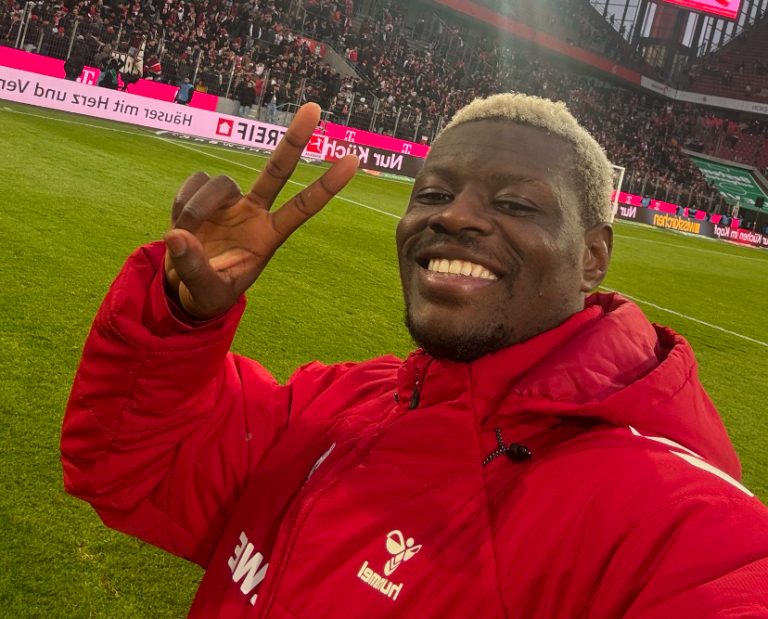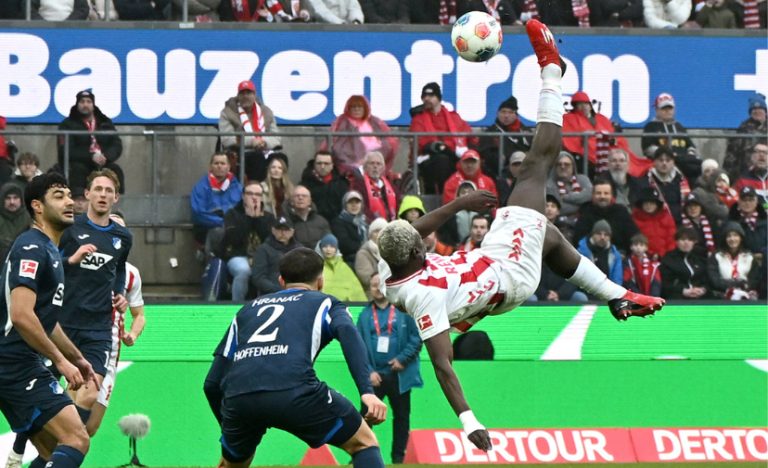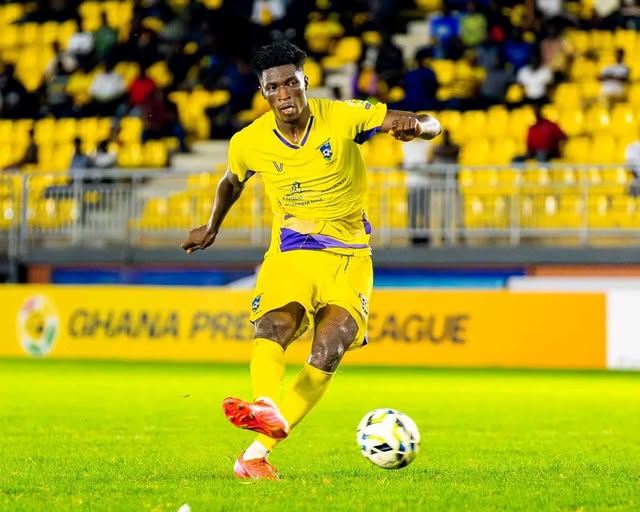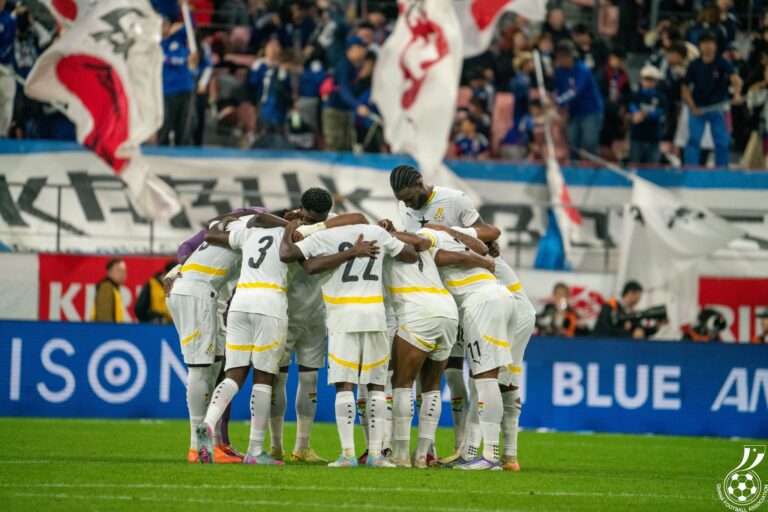The rivalry between Accra Hearts of Oak and Asante Kotoko is one of the craziest ones in African football. Known as the “Super Clash,” this rivalry is more than just a game.
In fact, it has become a cultural event that connects fans all over Ghana. Its history, emotions, and impact show how important football is to the country’s culture and society. Fans often celebrate their loyalty by engaging in activities that bring them together, much like the excitement of a game at https://22bet.co.zm/casino.
Cultural Significance
The rivalry reflects the cultures of the areas they come from. Accra Hearts of Oak represents the modern city life of Accra. Meanwhile, Asante Kotoko comes from Kumasi, a center of Ashanti culture and traditions. This difference adds depth to the rivalry, with fans viewing it as a battle between their regions.
On match days, the excitement is palpable. Streets fill with fans in team colors, singing and waving banners. The energy creates a festive atmosphere. It highlights Ghana’s vibrant culture. This passion reaches beyond the stadium and affects local businesses, media, and even politics.
A Battle of Wits
The matches between Hearts and Kotoko are major events that attract local and international fans. Each game shows the players’ skills and strategies, filled with strong emotions. Players know these matches are important because their performances can shape their legacies.
Both teams analyze their tactics carefully. Coaches and players prepare thoroughly, as every detail can lead to victory or defeat. The pressure is high, and players feel it. They know their actions affect both their fans and careers.
One memorable match was in 1991 when Hearts beat Kotoko in the African Cup Winners’ Cup final. This win established Hearts as a top team in Ghana and made the rivalry even stronger. Games like this have left a lasting impression on fans, deepening their loyalty and passion for their clubs.
Fan Culture and Identity
The rivalry creates a strong community among fans. Supporters of Hearts and Kotoko often build lifelong friendships. They attend matches together and share the excitement and disappointment of their teams. Their loyalty is strong, which leads to passionate debates about which team is better.
Supporters clubs play a big part in keeping this rivalry alive. They organize events, rallies, and viewing parties that help fans feel connected. Online discussions about match days often carry over into real life.
However, the rivalry has its challenges. The fierce competition can sometimes lead to violence, with fights breaking out among fans during and after matches. Both clubs and local authorities are working to promote peace and good sportsmanship.
What Does the Media Do in Reporting the Rivalry?
The media plays a key role in the rivalry between Accra Hearts of Oak and Asante Kotoko. Sports reporters and broadcasters cover these matches thoroughly. They share analysis, commentary, and interviews that excite fans before, during, and after the games. This coverage makes each match feel important.
Social media has changed how fans connect with the rivalry. Fans share live updates, memes, and their reactions online. They celebrate wins and share their frustrations in real time.
Sports programs and podcasts also discuss the history and importance of these matches. This attention helps keep the rivalry alive and teaches new fans about its background. As media continues to change, its influence on the Hearts-Kotoko rivalry will likely grow.
The Impact of Youth Academies
Both clubs have created programs to develop young players and teach them the skills they need to succeed in football. These academies are essential for producing talent that can compete at higher levels.
The rivalry also includes youth leagues, where young players dream of wearing their club’s colors. Fans closely follow matches between these teams, excited to see future stars.
The competition encourages both clubs to improve their training facilities and coaching staff. Focusing on youth development allows the rivalry to grow stronger and help advance football in Ghana.
Fan Activism and Social Issues
Fans use their love for the game and rivalry to tackle important social issues in Ghana.
On match days, supporters often speak out about problems like education, healthcare, and gender equality. Both clubs also run community programs that encourage fans to get involved and make a positive impact.
Fan groups have held peaceful protests during games to express their views on political and economic challenges. These actions show that football can drive change and allow fans to voice their opinions while staying loyal to their teams.
The Global Influence of the Rivalry
The rivalry between Accra Hearts of Oak and Asante Kotoko is recognized worldwide. It helps put Ghana on the global football map. Their matches attract fans and expatriates from different countries. They see them as a glimpse into Ghanaian culture and the love for football.
When these teams compete in continental tournaments, their rivalry gains even more attention. This ends up creating a larger audience and connecting different cultures. This growing interest leads to new partnerships and opportunities for fans to share their experiences.
The rivalry has also inspired documentaries and podcasts that talk about its history and importance. These projects help tell the story of Ghanaian football and attract new supporters. As interest increases, the Hearts-Kotoko rivalry will continue to showcase the passion for the sport.

















